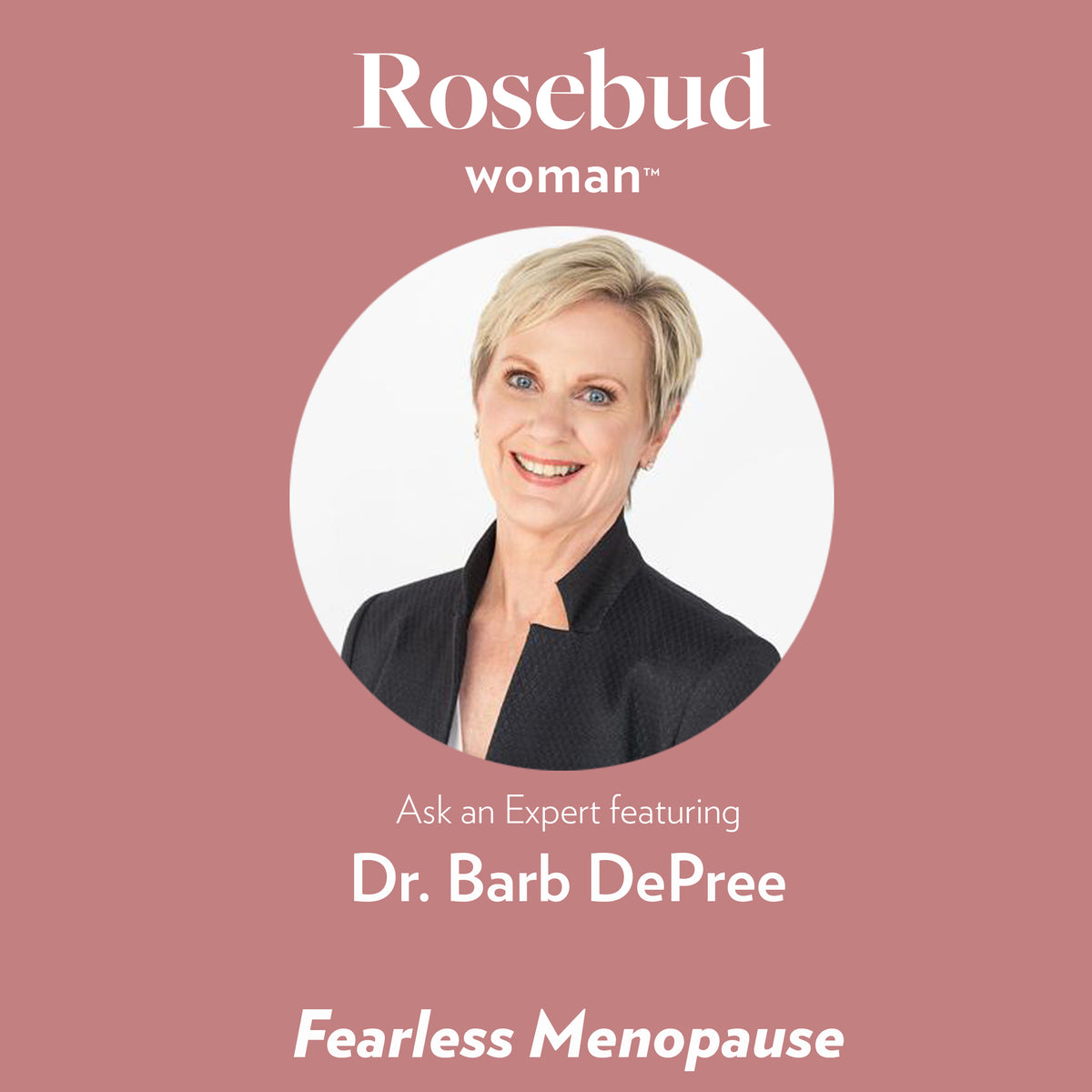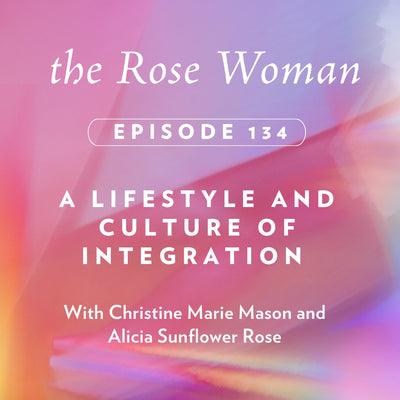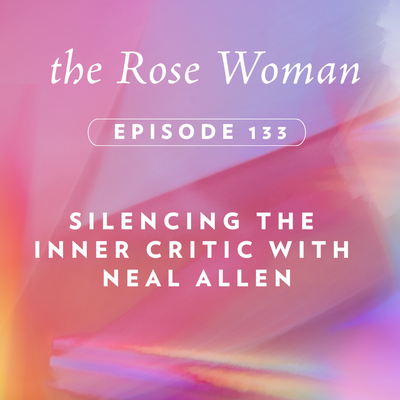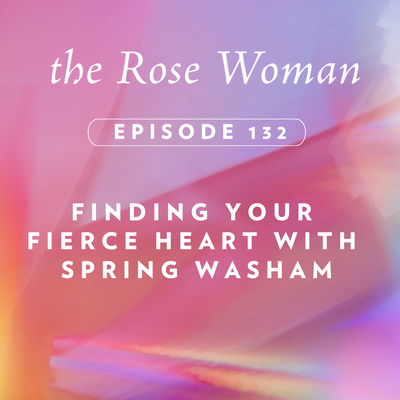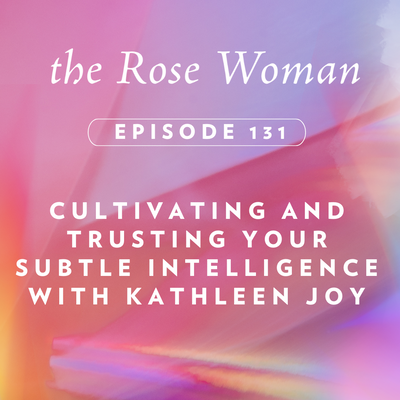Fearless Menopause: An Interview with Dr. Barb DePree
About Dr. DePree: For more than 30 years, gynecologist Barb DePree has specialized in midlife women's health. Her life’s work is providing care and education to women. Finding that products helpful to her patients’ sexual health were not readily available, Dr. DePree founded MiddlesexMD in 2011. The website was created to share practice-tested, clinically sound information and products for women—as well as guidance for working with partners and caregivers. She posts regularly on both MiddlesexMD and AskDrBarbDePree, providing updates on research in women’s sexual health, as well as observations and advice based on her practice. Barb also hosts “The Fullness of Midlife” podcast, interviewing women on topics related to health, happiness, meaning, and fulfillment. In 2013, the North American Menopause Society named Barb the “NAMS Certified Menopause Provider of the Year.” She currently serves as the Director of Women’s Health Services at Holland Hospital, Michigan.
RW: Hi Barb. Thank you for taking the time for this interview. Le’s start with a bit about yourself.
Barb: I'm a gynecologist, with a focused practice on perimenopause, menopause, and sexual health. I’m also the founder of the website MiddlesexMD.
RW: Do you work with young women also?
Barb: It's primarily 40 and over. But there are more and more situations where young women are experiencing premature menopause—women with the BRCA 1 and 2 gene mutations, for instance, which puts them at risk for breast and ovarian cancer. In a preventative effort, oftentimes the ovaries are removed. So These women experience a surgical menopause, often at a much younger age.
RW: What's your favorite part of what you do?
Barb: Without question, building relationships with women and helping them navigate this period of their lives. When I get involved in women's care it's because they've come to a difficult point, and they're seeking help to better navigate it. It's great to be able to walk alongside women, help them improve their quality of life, and experience that with them.
RW: Your new book, Fearless Menopause, has just been released. What inspired you to write it?
Barb: Up until now, menopause hasn't been widely discussed. It's a topic that obviously impacts 100% of women at some point. Every woman experiences symptoms to varying degrees, and it impacts their lives in varying amounts. But we really haven't broadly educated women about it: what to expect, or how to best navigate it. The book is really an effort to elevate that conversation and provide additional information to women.
RW: What is the current age range today for peri-menopause, and menopause?
Barb: The average age of menopause is 51, with the vast majority of women experiencing it anywhere between age 40 and 58—a huge range. Most women experience anywhere from four to eight years of peri-menopausal symptoms, prior to menopause. The frustrating thing for women is, we don't get a warning that we're in that four to eight-year window. So look out! It can be very unexpected and surprising. And it may start as young as 35, or it may start at age 50.
RW: And the symptoms are often psychological as well as physical, yes?
Barb: The brain is a target organ for hormones, and hormones play a really important role in the brain. And so it's not surprising that when hormones begin having varied production from the ovaries, and wide fluctuations, the brain is impacted. Mood, sleep, and hot flashes are probably some of the big symptoms that arise. Mood-wise it’s most often going to be anxiety, irritability, and depression. And then outside of that, many women will note memory and focus challenges.
RW: Do many women experience decreasing libido during peri-menopause? And does it come back, if they do?
Barb: I would say yes: It is common for women to note a lack of libido. Pre-menopause is often a time that's noted. Typically, it is progressive. Generally, post-menopausal women don't enjoy a rebound, a restoration of libido. It's an important discussion to have, so that women know it's not a reflection of their partner or the relationship. It's physiological.
I think women are reassured to know that it's not unexpected. They're often distressed and frustrated and saddened by it. But it helps if they understand that it is part of the potentially anticipated journey that most women experience. And it’s important to remember that not every woman has all the symptoms on the list.
So, we try to reframe the conversation about expectations. If you're in a loving, safe relationship, you can continue to enjoy sex. You may not be the initiator, but we want to reassure you that that's okay. And make sure that you are a responsive participant if you're not an initiator.
RW: How does peri-menopause affect a woman's ability to orgasm?
Barb: I would say the majority of women, if they could achieve orgasm before, retain that ability. During late perimenopause and menopause, the hormonal impact directly on the genitals can contribute to less blood supply—and that can result in taking longer to arouse, maybe more difficult to have orgasms and less of an intense sensation at the time of orgasm.
RW: Regarding vaginal dryness… In your blog, you mention one rule of thumb: "If you don't use it, you lose it." Can you elaborate on that?
Barb: Yes. The vagina is largely dependent on sex hormones, and those hormones are no longer readily available in menopause. The physiologic response is drying, thinning, narrowing, less blood supply. But the actual act of sex causes a significant bump in blood supply. The use of muscles, the tissues, respond favorably. So For many women, we see having regular sex as therapy, and prevention from dryness and some of the other progressive changes that will happen.
RW: Is this strictly penetrative sex?
Barb: Generally—although the clitoris, the urethra, and the opening of the vagina are all involved. And if they're not going to naturally lubricate in response to foreplay, we want to remind them about lubricants and moisturizers.
And there are women who are single during this stage; or women who, as you mentioned, lack partners. For those women, we talk about maintaining function potentially with a vibrator. Replacing penile penetration with the regular use of a vibrator can keep the vagina very healthy as well.
RW: Are products such as Honor helpful for women?
Barb: That's a great question. At Middlesex MD, our goal is to make sure we inform women about safe and effective products. It's hard to know about the safety of all of them. The vagina and vulva are very absorptive, and we know that products enter through the skin into the bloodstreams. Part of my website curates products that are considered safe for the vulva and the vagina.
Honor is a safe and effective product. It’s a moisturizer, and the idea with a moisturizer is that you use it on a regular basis. Ideally, you start before there's dryness, so you can maintain what's there. Because once it's lost, moisturizers are not that effective in restoring moisture. Starting to use it in peri-menopause, sooner rather than later, is more beneficial.
RW: Are there any safe natural alternatives to HRT, food or supplements? And if so, are they concern-specific or - can they help with a variety of peri-menopausal issues?
Barb: Big topic. I think it really becomes a more symptom-related discussion. There can be exercise, stress management, meditation, yoga, antidepressants, anti-anxiety medications as treatment options. If it's sleep-related, it can be cognitive-behavioral therapies or sleep aids. I don't think we can say any supplement or other prescription product that's not hormone therapy is likely to be effective for multiple symptoms, as a generalization. There are some antidepressants that can reduce hot flashes and treat mood—but none of those are going to help vaginal dryness, for instance.
Often women are in my practice because they are not thriving in perimenopause—and that is significantly impacting their productivity and quality of life. My job is to help them understand what are the contributing factors, which hormones often are. But for many women, it's also lifestyle. We have a lot of opportunities to educate women about nutrition, and stress management, sleep and exercise. But for women who can benefit from more specific treatments, specifically pharmacologic treatments, our goal is to offer them safe and effective options, so they can feel confident that they're making the proper decision about treatment. I think it's our job, as providers, to help women understand what we understand about the effectiveness, the side effects profile, and making a decision for what's right for each person.
RW: If you, if you could go back in time and give your 13-year-old self one piece of advice, what would that be?
Barb: To start living healthier, younger. To make better decisions around nutrition, stress management, and sleep.
RW: If you could change anything in the world for women, what would that be?
Barb: Availability of contraception for every woman. I think the ability to determine when and how often women conceive and have children has such a huge lifelong impact, both socially and economically. So many women don't have the luxury of that decision. Most Americans do, fortunately, but that's not true across the world.
RW: I'm curious about your own experience. When you began to enter peri-menopause and menopause, was there something that surprised you personally, that you weren't expecting?
Barb: The thing that surprised me the most? At the time I entered perimenopause or was perimenopausal, I was running, It was something I enjoyed. But for a variety of reasons, I had a period of time when I wasn't as able to do it. And I had a significant deterioration in my quality of life—specifically around mood: irritability, and discontent. It took me a bit of time to connect the dots: I was exercising less, and feeling worse. There was a direct correlation. And when I was able to make exercise a priority again, it completely restored me. So the one thing that I keep coming back to in the book is the potential benefit of exercise for women.
I've always been grateful that I had that discovery because it was a great motivator for me to make it a priority. And I think the outcome of that was not only helping the symptoms I was having at that time. I believe that could be true for all women, but I know that it's true for me. It's good for cardiovascular health, it's good for sleep, it's good for bones. Exercise would probably be the top of my list for women and trying to help them recognize that importance.
RW: Dr. DePree, is there anything you wish I had asked you that I didn't ask you? Anything you'd like to talk about or think is really important that I neglected in this interview?
Barb: I often use the analogy that perimenopause and menopause are a little bit like pregnancy. Generally speaking, we know what happens, and we can tell you what's probably going to happen, and how it's likely to play out. But every journey through it is very individual. I feel that women are entering this phase of life without resources, and without knowledge—and many providers don't have that knowledge.
For instance, I have women who have lived with disabling joint pain—and nobody made the connection that it could have been a menopausal-related symptom. Or mood. I've had patients whose internists have put them on three different mood meds. None of them worked—and nobody made the connection that it could have been peri-menopause or menopause.
Typically, before we got pregnant everybody had What To Expect When You're Expecting. It was a thick book that everybody read once or twice—and we were prepared. But that's not the case here. And I think we would do ourselves a favor by being better prepared. I would encourage women to seek information, as they anticipate that stage of their lives.
RW: Thank you so much!

